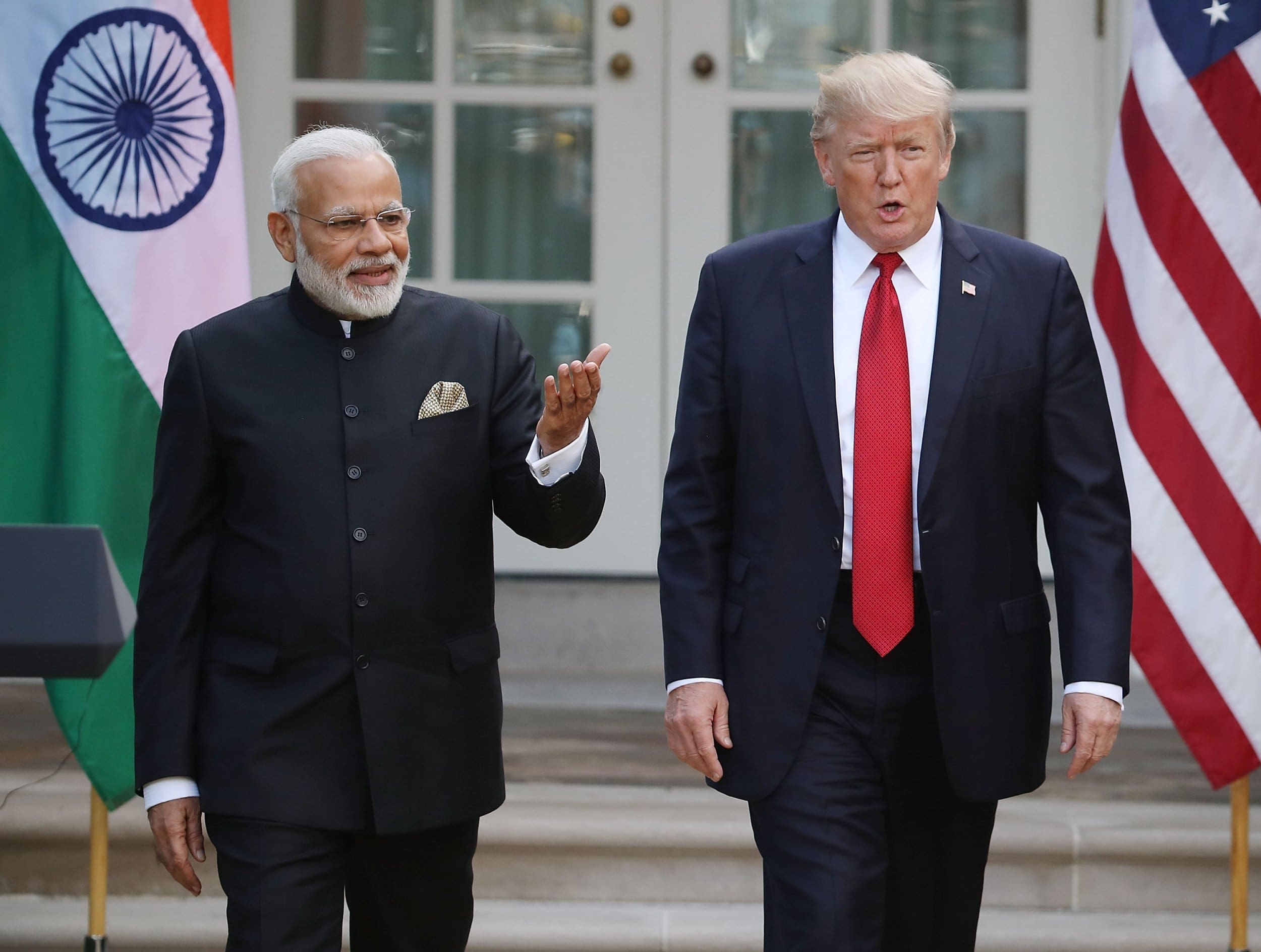Former U.S. President Donald Trump’s relationship with India appears to be a complex mix of admiration and criticism as he gears up for the upcoming presidential election. Recently, Trump announced that Indian Prime Minister Narendra Modi is set to meet him during Modi’s visit to the United States for the Quad Summit, which is hosted by President Joe Biden. This meeting comes at a strategic time, as Trump aims to bolster his campaign by associating with influential world leaders.
Trump’s Remarks on Modi and India
While addressing a campaign event in Flint, Michigan, Trump referred to Modi as a “fantastic man,” expressing enthusiasm about their upcoming meeting. However, he also labelled India as a “very big abuser” of tariffs, echoing past criticisms he made during his presidency regarding India’s trade practices. Trump’s comments highlight a duality in his approach: while he praises Modi personally, he simultaneously critiques India’s economic policies, particularly concerning high tariffs on American goods like Harley-Davidson motorcycles.
The Importance of the Meeting
The significance of Trump’s meeting with Modi cannot be overstated. Meetings with prominent foreign leaders can enhance Trump’s stature ahead of the November elections. His past interactions with global leaders have often been framed as efforts to strengthen international ties, and this upcoming meeting is expected to serve a similar purpose. Despite Trump’s claims about the meeting, the Indian Ministry of External Affairs has not confirmed it as part of Modi’s official itinerary for the Quad Summit.
Historical Context of Trump and Modi’s Relationship
Trump and Modi have shared a notable rapport in the past. Their interactions have included high-profile events such as the “Howdy Modi” rally in Texas and Trump’s visit to India in 2020, which featured a massive rally in Ahmedabad. These events underscored a mutual respect and an effort to solidify U.S.-India relations during Trump’s presidency from 2017 to 2021. Al Mason, a close aide to Trump, emphasized that their relationship was characterized by warmth and respect, suggesting that both leaders are committed to fostering strong international partnerships.
Trade Tensions and Criticism
Despite their personal chemistry, Trump’s rhetoric on trade remains contentious. He has previously criticized India’s tariffs and trade practices, labeling India as a “tariff king” and accusing it of not providing equitable access to its markets. This criticism has raised eyebrows among analysts who argue that many nations, including the U.S., impose high tariffs on certain products to protect domestic industries. According to the Global Trade Research Institute (GTRI), while India’s average tariff rate is higher than that of the U.S., it aligns more closely with other major economies like South Korea and China.
Future Implications for U.S.-India Relations
Looking ahead, market research suggests that a potential second Trump presidency could still favor India despite trade tensions. Analysts predict that while there may be short-term disruptions due to scrutiny over India’s trade surplus with the U.S., broader geopolitical strategies—such as shifting supply chains away from China—could benefit India significantly. However, tighter immigration policies under Trump could pose challenges for Indian nationals seeking work in the U.S., given their substantial representation among visa recipients.

